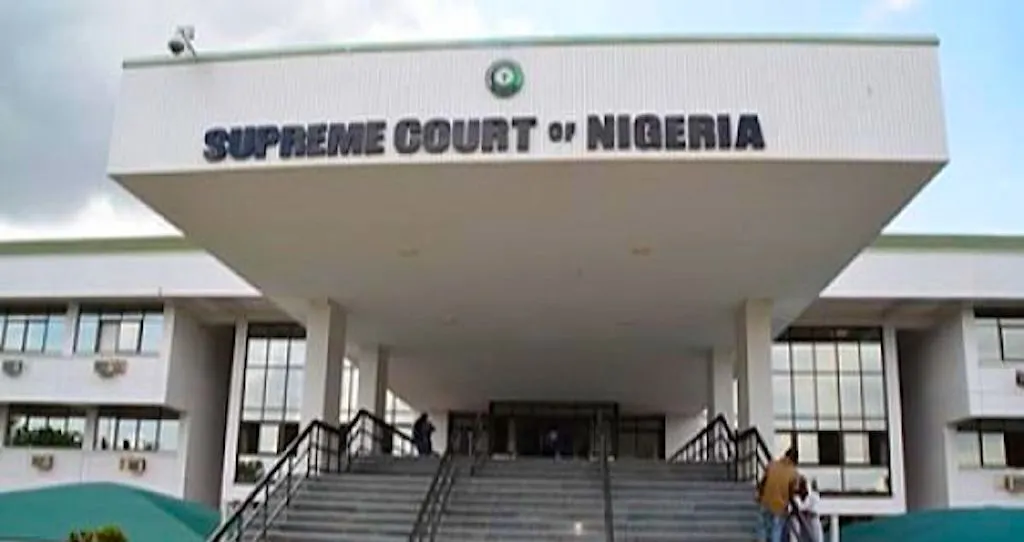
Supreme Court Reserves Judgment on Local Government Autonomy Case

The Supreme Court of Nigeria has reserved judgment in a high-stakes lawsuit filed by the Attorney-General of the Federation and Minister of Justice, Lateef Fagbemi (SAN), representing the Federal Government against the 36 State Governors of the Federation.
The suit, marked SC/CV/343/2024, seeks to enforce full autonomy for the 774 local governments nationwide.
The Federal Government is urging the apex court to put an end to state governors appointing caretaker committees to manage local governments. Instead, it calls for elected local government chairpersons and councillors to administer local governments as stipulated by the Constitution.
Furthermore, the suit demands that funds allocated to local governments from the Federation Account be paid directly to them rather than routed through state governments.
Leading a seven-man panel, Justice Garba Lawal announced that all parties involved would be notified once the judgment was ready.
During the hearing, parties adopted their respective processes, with the Attorney-General fervently advocating for the court to grant all reliefs sought by the Federal Government.
I adopt and rely on these processes. I urge my lords to overrule the various objections and grant the originating summons, stated AGF Fagbemi.
He addressed claims from several states that they were denied a fair hearing and not adequately served, clarifying that affidavits were sent via WhatsApp and emails, and court bailiffs served defendants at their state liaison offices in Abuja.
The Federal Government’s suit rests on 27 grounds, accusing state governors of gross misconduct and abuse of power by dissolving democratically elected local government councils and replacing them with caretaker committees.
The AGF seeks an order prohibiting such dissolutions and the establishment of caretaker committees, which he argues is unconstitutional.
The originating summons calls on the Supreme Court to invoke sections 1, 4, 5, 7, and 14 of the Constitution to declare the governors and state Houses of Assembly must ensure a democratic system at the third tier of government.
It further demands the court to declare the dissolution of democratically elected local government councils as unlawful, unconstitutional, null, and void.
The 36 states oppose the suit, urging the court to dismiss the Federal Government’s claims. They argue that appointing caretaker committees and managing local government funds fall within their constitutional rights and responsibilities.
The outcome of this case holds significant implications for the structure and autonomy of local governments in Nigeria, potentially altering the balance of power between state and regional governance.
Source: PUNCH
Read more: Bridgerton Season Four Release Could Take Up To Two Years, Writer Confirms
About The Author
Related Articles
Night Gunfire Near Presidential Palace Sparks Tension in Ouagadougou
Gunshots were heard late on the night of February 28 into March...
ByWest Africa WeeklyMarch 3, 2026Uganda to Start Domestic Gold Purchasing Programme to Boost Reserves
Uganda’s central bank has announced plans to launch a domestic gold buying...
ByWest Africa WeeklyMarch 3, 2026Ghana’s Cedi Expected to End 2026 Around GH¢12.85 to the Dollar
The Ghanaian cedi is projected to hold relatively steady against the United...
ByWest Africa WeeklyMarch 3, 2026Malian Prime Minister Presents 2025 Government Report, Pledges Stability and Reform
Mali’s Prime Minister, Major General Abdoulaye Maïga, has presented the government’s 2025...
ByWest Africa WeeklyMarch 2, 2026











